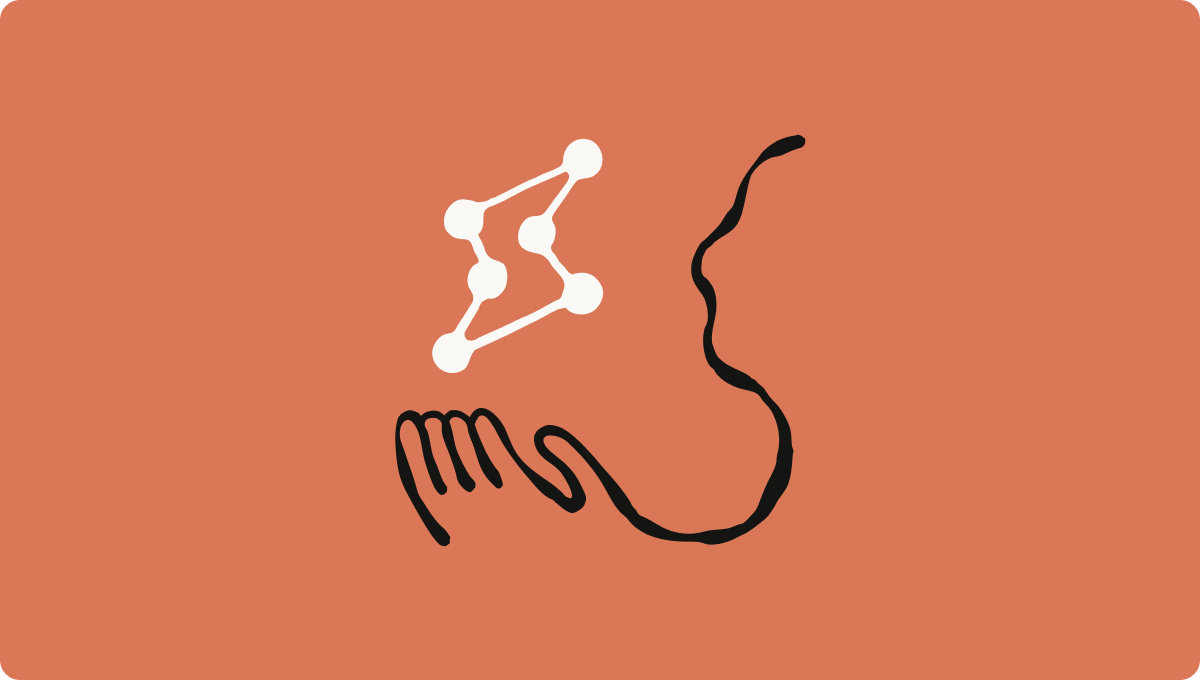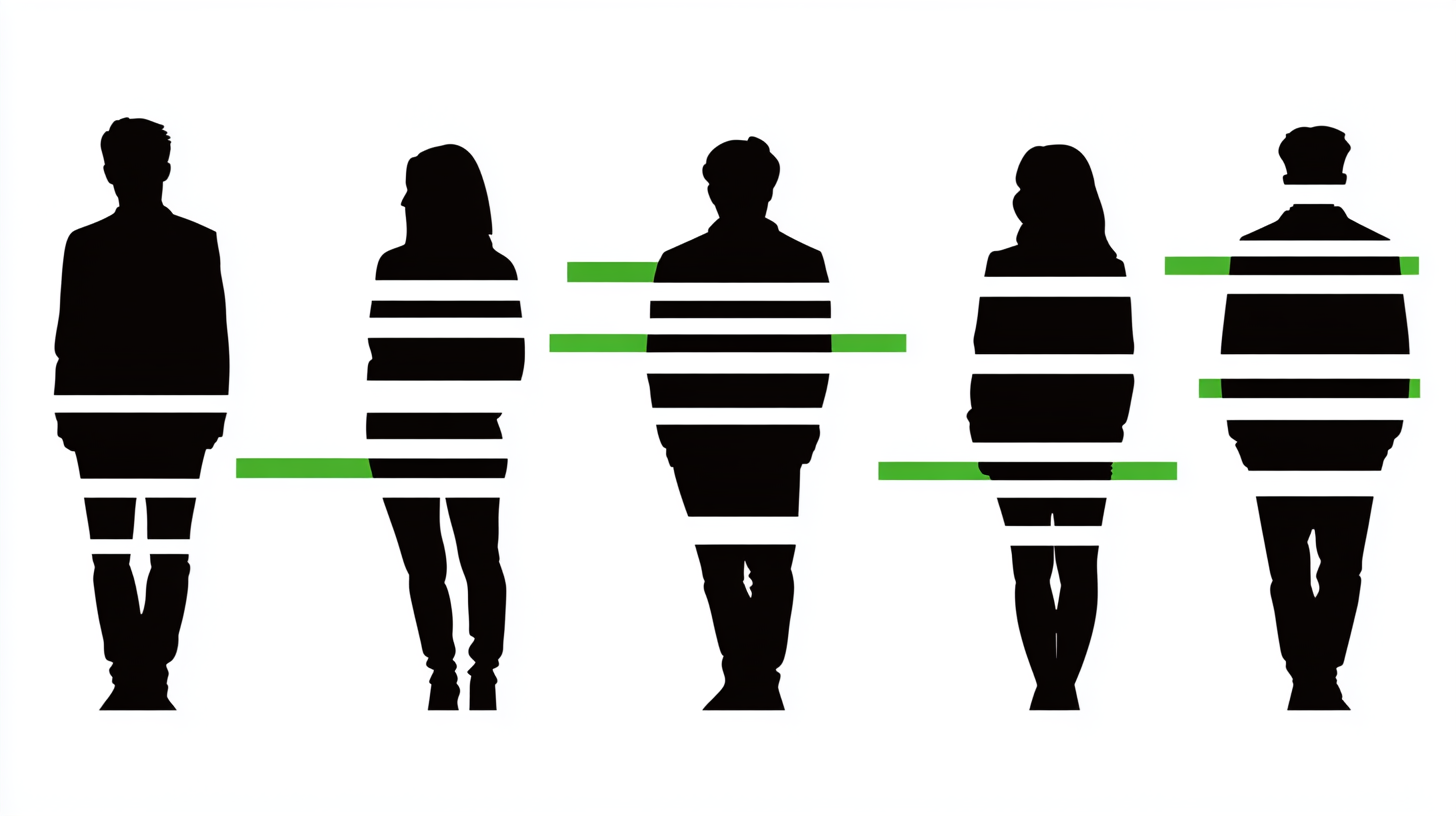Bloomberg reports that Ke Yang, head of Apple's AI search division, is leaving the company to join Meta Platforms. Yang led Apple's "Answers, Knowledge and Information" (AKI) team, which develops features designed to make Siri more like ChatGPT by giving it access to web content.
The AKI group plays a key role in a major Siri update planned for March, part of Apple's push to strengthen its AI offerings. Yang's departure is one of several recent exits from Apple's AI divisions, including members of the "Apple Foundation Models" group and former executives like Robby Walker and Ruoming Pang, who also moved to Meta. After Yang's exit, the AKI team will report to Benoit Dupin, a deputy under Apple's AI chief, John Giannandrea.






